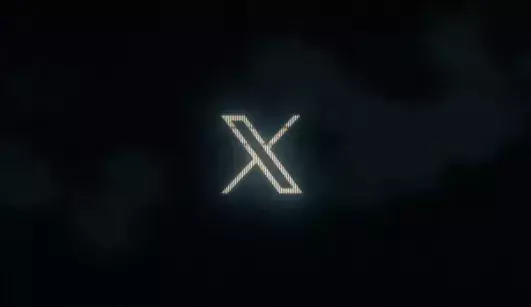In a notable turn of events, the social media platform X has regained its footing in Brazil after a period of suspension that raised eyebrows and stirred emotional debates. This reactivation is hailed by many as a victory for approximately 20 million users who are eager to return from competing platforms such as Threads and Bluesky, both of which saw a surge in popularity during X’s absence. However, for some, particularly those who believed Brazil’s ban was unjust and felt that Elon Musk’s previous stance against the Brazilian government was noble, this development represents a significant compromise of principles—which begs the question: Is this truly a triumph for the platform, or does it signal a failure of ethical standards in the face of governmental authority?
According to reports from sources like Bloomberg, the reinstatement follows a critical ruling by Brazil’s Supreme Court Justice Alexandre de Moraes, who confirmed the end of X’s suspension upon the platform’s compliance with government demands. These demands included the removal of specific user accounts perpetuating misinformation regarding the legitimacy of the 2020 Brazilian presidential election—claims asserting that the election was “stolen,” leading to the ousting of the former president, Jair Bolsonaro. Although investigations have found no credible evidence supporting these allegations, Brazilian authorities deemed it necessary to eradicate what they saw as a harmful proliferation of misinformation that could destabilize governance.
Initially, Musk and his team resisted the government’s calls to action, labeling them as an infringement on free speech principles. Their refusal emphasized an ideological battle: a platform’s right to uphold discourse, even at the risk of fostering falsehoods, versus the government’s duty to maintain public trust and verify information integrity, particularly on such a high-stakes issue as national elections.
Musk’s initial outcry against what he deemed as an overreach of governmental authority reflects his broader stance on free speech. As a self-proclaimed advocate for unfiltered communication, Musk’s resistance carried weight, given the increasing tensions between social platforms and government regulations worldwide. Yet, as the financial implications of noncompliance mounted—costing X crucial revenue—Musk had little choice but to shift strategies. This pivot raises critical questions about the integrity of his convictions in the face of financial setbacks: Was his previous position a true commitment to free speech, or merely a stance taken for the sake of retaining users and generating revenue?
Compounding this dilemma, X faced a logistical blunder, misplacing a $5 million fine in a wrong Brazilian bank—it’s a misstep that highlights a level of disorganization that seems to plague the platform. Such errors beg the question of whether the company is capable of consistently managing both ideological principles and operational efficiency.
The resolution to this saga—while beneficial for users in the short term—opens a wider discourse on the responsibility of social media platforms in an increasingly interconnected world. On one hand, the reactivation of X is embraced by users eager to regain their digital voice; on the other, it underscores the precarious balance between unfiltered expression and the societal implications of misinformation. Musk’s earlier defiance of the government’s requests can be interpreted as a stand for digital freedom; yet, as this episode unfolds, it also raises significant ethical questions about whether unchecked free speech could undermine democratic institutions.
The resolution of X’s suspension in Brazil serves as a pivotal case study illustrating the multifaceted and often contradictory nature of digital communication in our global society. As users flock back to the platform, the challenges of balancing free speech, accountability, and misinformation loom larger than ever. Whether this re-engagement marks a return to normalcy or a compromised ethical standpoint remains to be seen, but what is clear is that the intersection of social media and governmental oversight is fraught with complexity—one that demands ongoing reflection and conversation in a rapidly evolving digital landscape.

